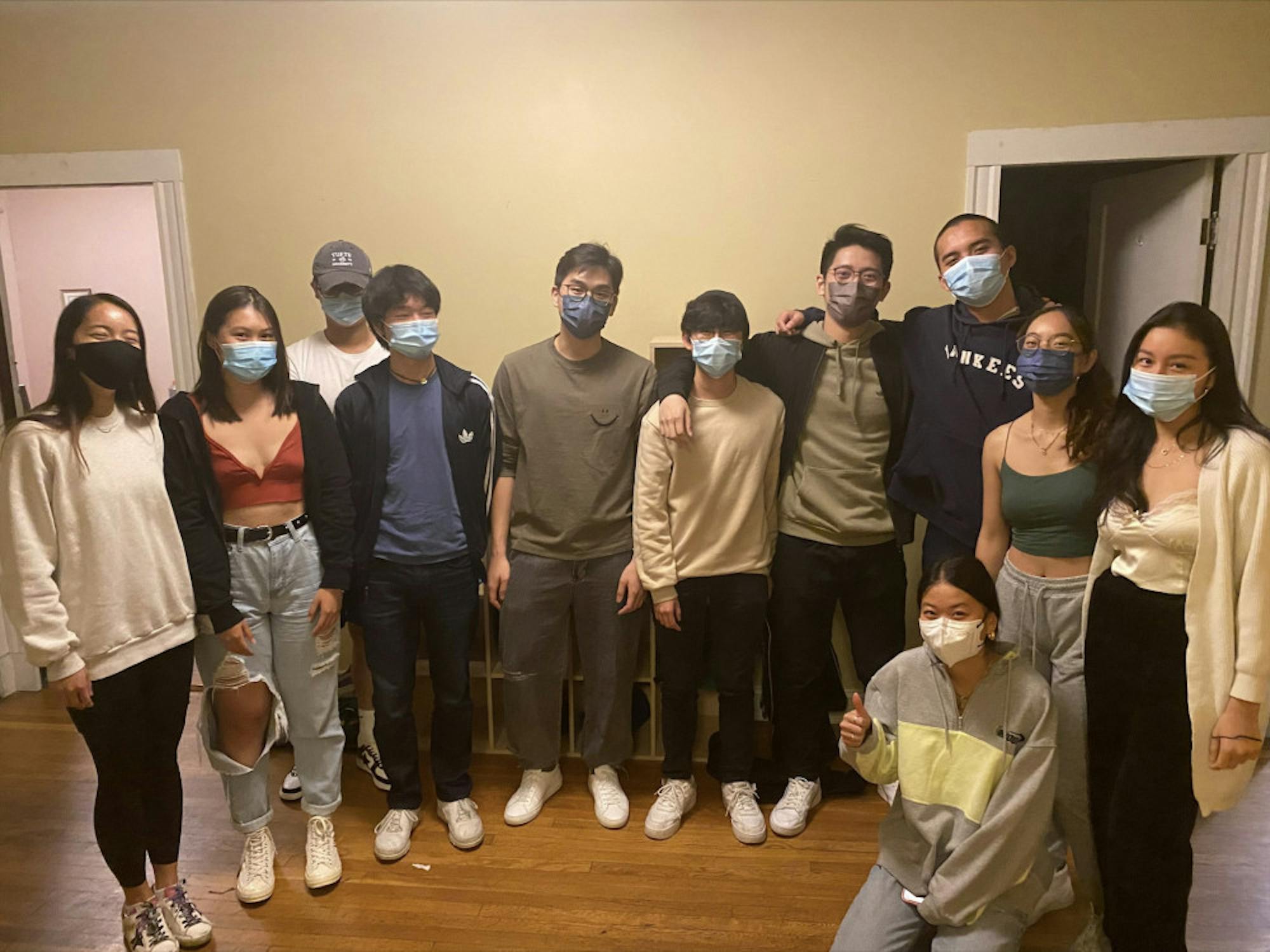The Tufts Hong Kong Student Association is actively considering restructuring its application process to be more inclusive and accessible to everyone in the Tufts community. According to HKSA President Josh Chung, the current application process takes into account applicants' cultural background and connection to Hong Kong, which he acknowledges as outdated.
Sophomore Samantha Chan explained that she was initially contacted by HKSA prior to arriving at Tufts and attended a meet-up in Hong Kong, where she was encouraged to apply for the club. However, after applying to HKSA this past semester, Chan was among many others who were not accepted into the organization.
"I can't exactly say for the club themselves because I'm not exactly sure what criteria they have in looking through the applications, but knowing some people who did apply at the same time as I did and didn't get in as well, I can say that it's quite competitive," Chan said.
Chan discussed why she thinks opening HKSA to more members is beneficial.
"I have nothing against the application process or HKSA themselves, but I do think that it should be open to everyone,” Chan said. “I feel like not only should it be just people that are from Hong Kong, it's also a chance for other people to get to know about the culture and people from Hong Kong as well. So, I think it should be open."
Despite the application-based nature of the club, Chung explained that HKSA aims to reach students all around campus and described how HKSA's structure and application process differ from other groups.
“[In some culture clubs], students … go through the application process for [an] E-Board [position], while other people are just general members who don't really participate much in the general week-to-week planning of the club," Chung, a junior, said. "However, HKSA members are people who plan the club [events] ... and then people who go to the events ... they're from the wider Tufts community."
Chung also explained that HKSA is currently discussing how to update its structure and application process, noting that many club members consider the current application process to be outdated and unfair. According to Chung, many club members are open to the idea of restructuring the club to create an executive board and a general membership base.
“Some of them suggested a revamp of the application process, someone suggested to open the club [to all students] … as well as some compromise where [the club is] open … but you have to attend a certain amount of events," Chung explained. "A lot of us suggested to structure our club like other culture clubs where … [there would be an] E-Board and then they would be having weekly meetings while the general club would be on the e-list, and then they would get emails whenever there’s Tufts-wide or HKSA-wide events."
Unlike HKSA, the Chinese Students Association is a culture club whose membership is open to all Tufts students. Alex Shi Yang, a social chair of CSA, explained the rationale behind the open membership policy.
“I don't think it matters who you are really, if you're interested you can just join because … we're just hanging out, sometimes we're doing things related to Chinese culture, sometimes we're not," Yang, a junior, said. "Our club is all about facilitating people to meet each other.”
Yang explained that CSA offers a casual environment for students connected to or interested in Chinese culture to engage with one another.
“Something we promote heavily for CSA is that it's not a big commitment as a club," Yang said. "There are no requirements like [a] minimum amount of meetings."
In contrast, Chung emphasized the importance of commitment for HKSA members.
"From what I've heard after talking to [past members] … HKSA tried to be a fully open club and have everybody participate in planning events … and it didn't go extremely well, because it was too many cooks in the kitchen, and they reverted back to being application based,” Chung said.
Tufts Community Union Diversity Officer Jaden Pena discussed the uniqueness of the structure of culture clubs at Tufts.
“I don't think culture clubs necessarily need to be on the same page [as each other] because I believe different cultures and different culture clubs should have different goals and should have different conversations," Pena said.
Aadhya Shivakumar, president ofTufts' application-based International Club, explained that, similar to HKSA, I-Club members must apply to join but the club's events are open to all Tufts students.
“I-Club’s open to everyone regardless of their nationality," Shivakumar, a senior, explained. "They don't have to be international, but one criteria we look for is that connection and willingness to serve the international community.”
Since all I-Club members are responsible for planning and organizing events, Shivakumar described I-Club membership as an executive board-like position.
Chung expressed that the conversations among HKSA club members in regards to reshaping the club's organization have been productive.
“I feel like the entire club is very, very willing to change," Chung said. "There isn't a debate going on within the club; it's just genuinely members who have ideas and are voicing their opinions within the club, and I think that's actually very healthy."






